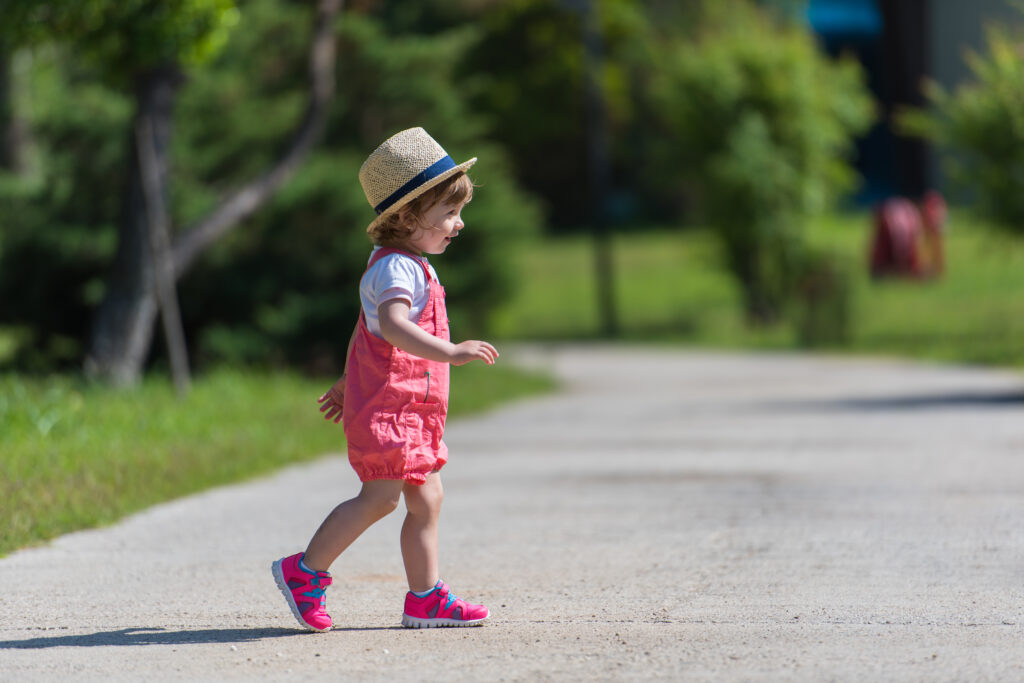
- +61 1300 704 750
- admin@parentinggenie.com.au
- PO Box 706, Townsville, QLD 4810

An exciting aspect of parenthood is watching your child develop and reach new milestones. Every step shows that they are learning and growing from the moment they grin for the first time to when they say their first word. Understanding Child Development Milestones!
While every child is unique and develops at their own pace, there are general milestones that most children reach around the same age.
In this blog, you will learn about critical developmental milestones and how you can support your child as they progress through each stage.
The first few months of a baby’s life are spent learning how to adapt to the surrounding environment.
There are certain early milestones that you might notice:
The best way to promote this is to let your baby spend some time on their tummy every day. While having tummy time, smile at them and talk to them frequently. These exercises will expand their muscles, which also enhances bonding. Supporting Parenting!
At this point, your infant will become more active and begin investigating their body and environment.
Playing simple games like peek-a-boo and putting toys within their reach are two ways to support them. Speaking back to your infant is a great way to encourage them to create sounds.
Babies are now going through a significant developmental phase and becoming more mobile.
Assisting them: Parent child relationship- Moms and Dads
Establish a secure environment for your infant to explore. Please show your support for them while they attempt to crawl or stand. Encourage language skills by talking to them, singing and reading books.

Your child’s personality will emerge and become more apparent at this point. As time passes, your child acquires new abilities and becomes more self-sufficient.
You can encourage your toddler to walk by holding their hand and using push toys. This is how you provide support for them. Throughout the day, talk with them, name things and ask them questions. To encourage children to play, provide them with simple puzzles and blocks.
Preschoolers are brimming with inquiries and passionate about gaining world knowledge.
Assisting them: Parenting Advice for New Parents
Together, engage in physically demanding games such as tag or hopscotch. After reading their stories, please encourage them to share their stories with you. Dress-up outfits and toys that encourage pretend play should be easily accessible.
Involve family members to make it fun and more exciting.

When your kid is getting ready to start school, they will demonstrate increased independence and develop essential social and academic abilities.
Assisting them: Parenting Styles- Child Rearing
Giving your child paper and crayons is a great way to encourage them to draw and write. Organise playdates to help them improve their social skills. Make studying maths more enjoyable by playing counting games and solving riddles.
Each child is unique and can naturally complete developmental milestones at their own rate. Some people may talk early but walk later, which is fine. If you ever have concerns regarding your child’s growth, consult a physician or psychologist specialising in child development.
Celebrating your child’s progress and taking pleasure in every moment is the most important thing you can do. Your love, support, and encouragement facilitate their development into joyful and self-assured children.
Visit Parenting Genie and contact our specialists for additional advice and assistance on parenting and child development.
Parenting Genie has the Parenting Live Expert and Genie Chat available 24/7 to answer any questions. The library has comprehensive resources to help and guide with child development.
You can also watch some videos on activities that you can do to boost your child’s development.
The Raising Children website has some insights into child development.